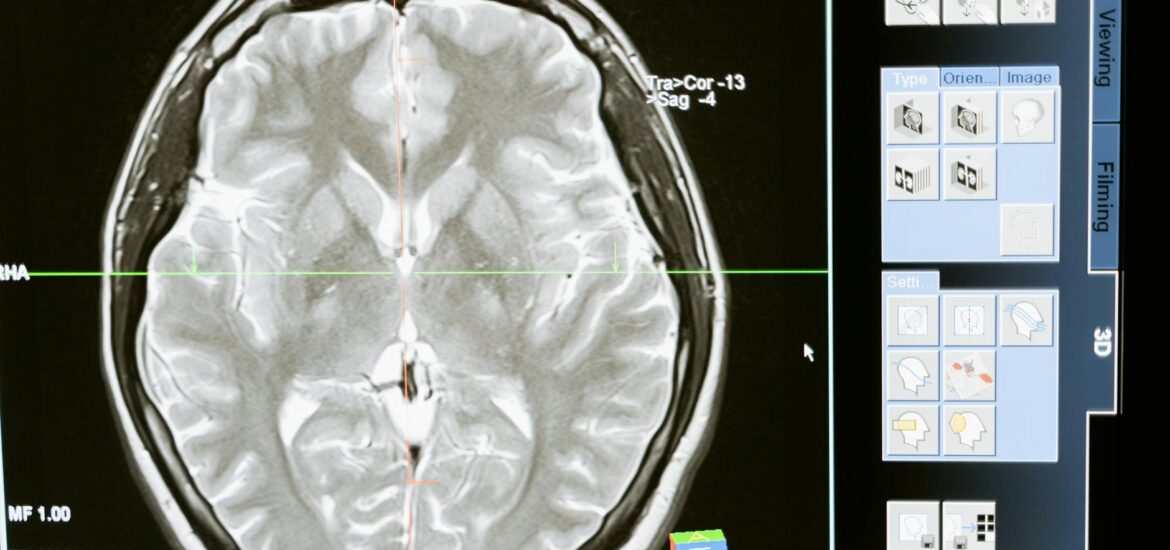When we look around us, we are getting bigger and unhealthier. The foods that you need are being legislated away/ made more expensive by the government. This interview below was very interesting.
In the quest for mental clarity and emotional well-being, diet plays a pivotal role that often goes underappreciated. The dance between what we consume and how our brain functions suggests that dietary choices can either be a powerful ally or a detrimental foe in our pursuit of optimal mental health.
A diet rich in healthy fats and proteins
The human brain is an organ rich in fat, comprising nearly 60% of it. Thus, it thrives on diets high in healthy fats. Omega-3 fatty acids, found in fatty fish like salmon, are crucial for maintaining the fluidity of cell membranes and supporting neurogenesis – the birth of new neurons. Moreover, these fats play a role in reducing inflammation, a known culprit in cognitive decline and mental health disorders.
Proteins, especially those from animal sources, provide essential amino acids that serve as the building blocks for neurotransmitters. Serotonin and dopamine, neurotransmitters critical for mood regulation, rely on amino acids from dietary proteins for their synthesis.
Minimizing refined carbohydrates
Refined carbohydrates and sugars contribute to erratic blood sugar levels, leading to mood swings and impaired cognitive function. A diet low in these carbohydrates and high in fiber stabilizes blood sugar, supporting consistent energy levels and mood.
Emphasizing nutrient-dense whole foods
Vegetables, low-sugar fruits, nuts, seeds, and whole grains are packed with vitamins, minerals, and antioxidants that combat oxidative stress – a factor implicated in depression and cognitive decline. These foods lay the groundwork for a diet that supports brain health.
Debunking dietary misconceptions: the cholesterol myth
For decades, cholesterol has been vilified as a heart health nemesis, leading to widespread avoidance of dietary cholesterol and saturated fats. However, this perspective neglects the essential role cholesterol plays in the brain. As a vital component of cell membranes and a precursor to vitamin D and steroid hormones, cholesterol is indispensable for brain health. Emerging research suggests that dietary cholesterol has minimal impact on blood cholesterol levels for most individuals, calling into question the basis of the cholesterol myth. Instead, the focus should shift towards a balanced intake of healthy fats, including those from animal sources, which are integral for optimal brain function.
The metabolic connection: insulin resistance and mental health
The relationship between metabolic health and mental health is increasingly recognized, with insulin resistance at the intersection. Insulin resistance not only paves the way for type 2 diabetes but also impacts brain function. It affects the brain’s ability to utilize glucose efficiently, leading to energy deficits that can manifest as cognitive impairment and increased risk for neurodegenerative diseases. Furthermore, insulin resistance is associated with inflammation and hormonal imbalances that may contribute to depression and anxiety.
Addressing insulin resistance through dietary changes – reducing refined carbohydrates, incorporating healthy fats, and ensuring a steady supply of protein – can not only improve metabolic health but also offer profound benefits for mental health. Physical activity, adequate sleep, and stress management further enhance insulin sensitivity, underscoring the importance of a holistic approach to health.
Conclusion
The path to optimal brain health is multifaceted, intertwining dietary choices with broader lifestyle factors. By embracing a diet rich in healthy fats, proteins, and nutrient-dense whole foods, we can support our mental well-being and cognitive function. At the same time, debunking misconceptions such as the cholesterol myth and addressing the link between metabolic health issues like insulin resistance and mental health are critical steps toward a future where our diets truly nourish our minds.
